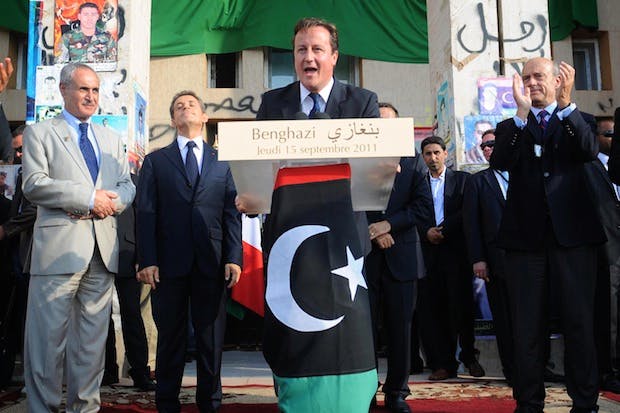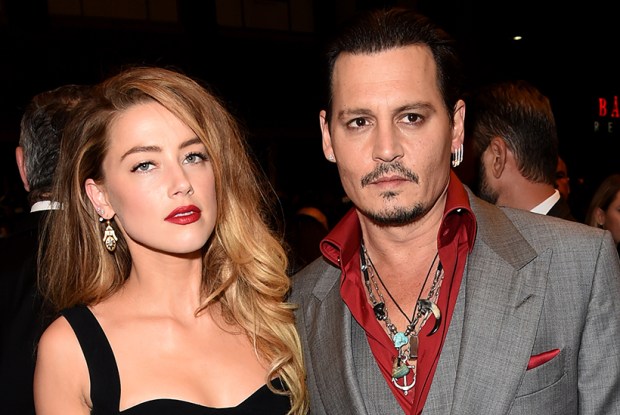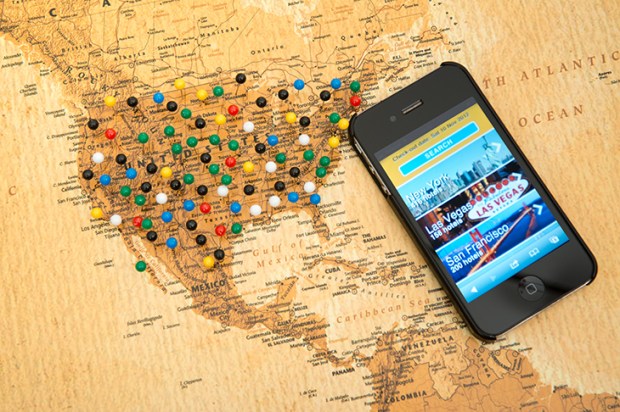A few days ago I went to a talk about Syria; one of those events for the concerned layman, in which a panel of experts give a briefing. Everything sounded depressingly familiar until expert number three piped up: I hear people blame Saudi Arabia and Qatar for the Islamists in Syria, he said, but in fact, they more often come from Libya. The crowd shifted in discomfort. Isn’t Libya done and dusted? Oh no, said the expert, it’s full of al-Qa’eda training camps now, especially in Benghazi.
My first thought, unusually, was to feel sorry for David Cameron. Remember how proud he was on his victory visit to Tripoli at the end of the Libyan war? There he stood in the five-star Corinthia hotel, by Sarko’s side, his arms full of flowers, his cheeks pink with pleasure. His friends say that these days Libya has become his ‘happy place’. When times are tough and backbenchers uppity, his mind wanders to Benghazi: well, at least we done good there. Just imagine him discovering that the worst offenders in Syria are those he liberated from Gaddafi. Nothing more infuriating than being hoist by your own petard.
But worse for Cameron, and for the allies of 2011, is that it’s not just Syria (or Mali, say) feeling the fallout. Three years on, unnoticed by most of the world, Libya itself has become a heartbreaking mess. Those same rebels who once formed the allies’ army have fractured into militias — more than 1,000, it’s said — some tribal, some Islamist, all at loggerheads. Assassinations and kidnappings have become routine; last year even the man in charge of investigating assassinations was assassinated.
As a measure of Libya’s descent, take that same Corinthia hotel where once our PM took a bow. In Gaddafi’s day it was impeccably secure, full of top dogs from BP sharing hubble-bubbles with junior members of the ruling family. Last August, the EU ambassador was rammed and robbed at gunpoint outside. Two months later, Libya’s then prime minister Ali Zeidan was kidnapped right out of the Corinthia by some antsy militia. Not so many oilmen at the bar there now.
As of this week, in fact, the oil business, on which modern Libya rests, is being done not by government but by a smooth–looking 33-year-old bandit called Ibrahim Jathran. Jathran was once commander of the ‘Hamza’ brigade, and a bright star in the rebel army. During the Libyan war he and his men took the eastern ports from Gaddafi, and he was rewarded with a top job post-war: head of the Petroleum Security Guard.
A weak, corrupt government 500 miles away can’t keep a lid on the likes of Jathran. Six months ago he took the ports for a second time, and kept ’em. He set up blockades, preventing exports, and has just made his own first sale of Libyan crude — $30 million of it — to a mysterious tanker called Morning Glory. Poor Mr Ali Zeidan, hopping with rage and terror, sent in the navy, but on Tuesday the Morning Glory broke through at least the initial blockade and Zeidan stood down as PM in shame.
Should we now barge in; help the next poor bloke take back the ports? Well, even if we could… it’s complicated. CNN interviewed Jathran over the weekend under the headline ‘Robin Hood or robber?’ And it’s a fair question. Jathran’s a separatist from eastern Libya (which he calls by its ancient name, Cyrenaica) and plans to use the oil money to beef up his neglected region. He’s also said that the government is corrupt and controlled by the Muslim Brotherhood and that he’s sick to death of oil money being used to fund al-Qa’eda-style terrorism abroad. ‘I won’t let Libya become like Syria,’ he’s said.
But nor can the government let Jathran be, because oil is, almost literally, Libya’s lifeline: under Gaddafi, during the boom in production and prices, Libyan life expectancy leapt 25 years, from 51 to 75, and from the oil flowed free education and healthcare. Mad Dog was pumping nearly two million barrels a day, and now, what with the trouble both in ports and oilfields, it’s 200,000 and falling. As oil revenues splutter out, so does confidence in government. In the 2012 election 2.8 million registered to vote. This year only a million registered and less than half of them turned up.
So what now, oh allies? What does a humanitarian interventionist do when the humans he intervened to help begin to look worse off than they did before? I think at the very least he has a duty to look the situation in the face; to understand and accept the consequences of his war. My fear is that Cameron’s pique over his good guys turning bad will mean he tries not to think about it, mimics Donald Rumsfeld on Iraq and says, ‘Stuff happens.’ It’s not my fault. Move on.
But a reluctance to accept responsibility now is a corollary of a deeper problem: a reluctance to plan properly in the first place. I was against our intervention in Libya, not because I thought Gaddafi was a decent leader, but because even pals of Cameron said there’d be no thinking through the different possible outcomes.
And so much of what’s gone wrong seems predictable. Gaddafi was paranoid, and had no proper police and no real army save his personal guard. So who did we think was going to support a new government? It’s easy to be smart in hindsight, so let’s look forward: rival militias coalesce into regional war lords, which means corruption. And what then? Well, it’s in just this kind of environment that groups like al-Qa’eda thrive — offering an exhausted people security in exchange for sharia law.
On 18 March 2011, three years ago next Tuesday, David Cameron stood in the Commons and argued passionately for UN resolution 1973, which would impose a no fly zone in Libya. There are three tests, and it’s passed them all, he said: we must demonstrate need, we must ensure regional support and we must show that there’s a clear legal basis.
Next time, let’s add a fourth requirement before we go to war: that the government demonstrate that they’ve thought through the consequences as well.
Got something to add? Join the discussion and comment below.
Get 10 issues for just $10
Subscribe to The Spectator Australia today for the next 10 magazine issues, plus full online access, for just $10.















Comments
Don't miss out
Join the conversation with other Spectator Australia readers. Subscribe to leave a comment.
SUBSCRIBEAlready a subscriber? Log in